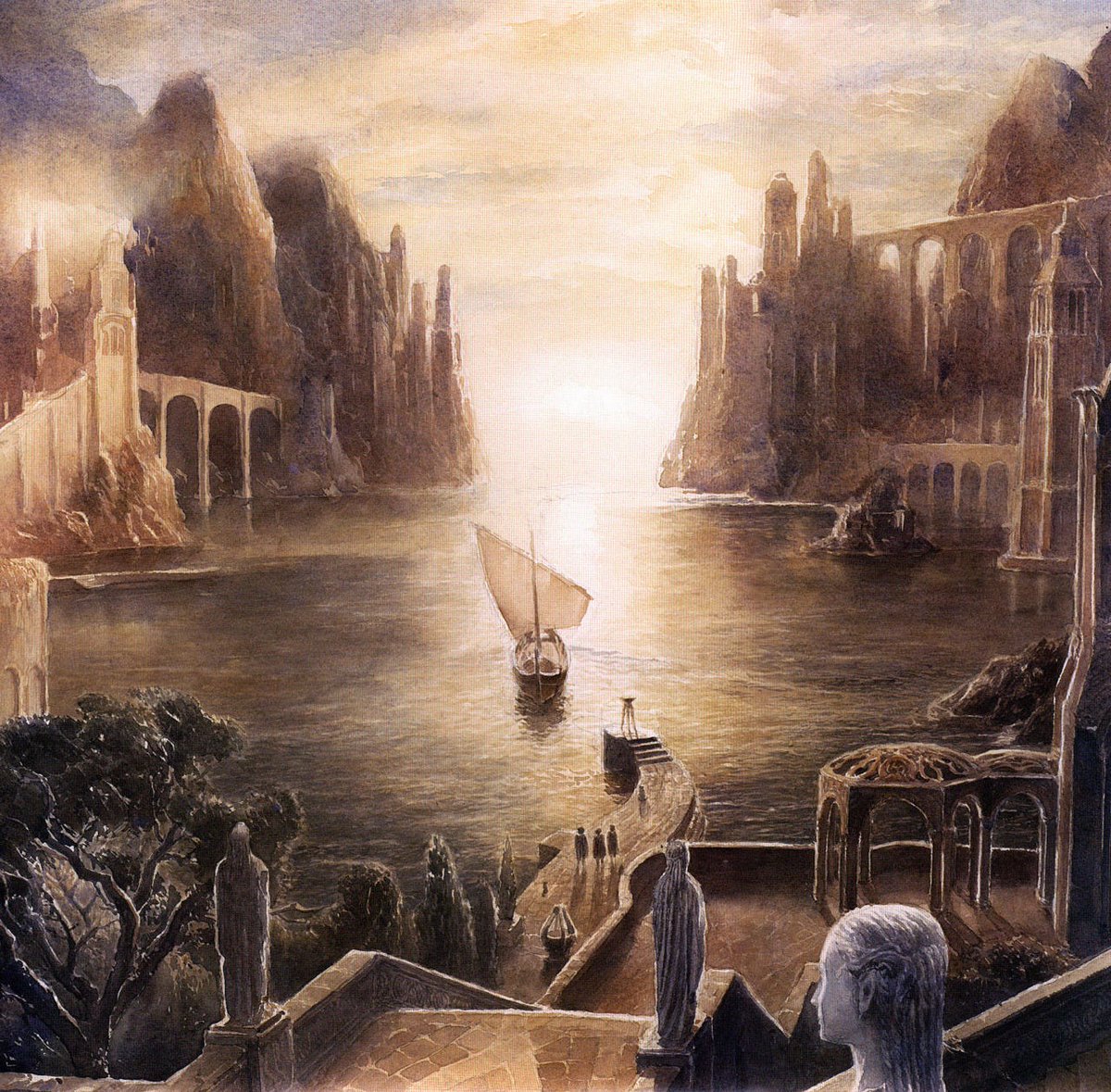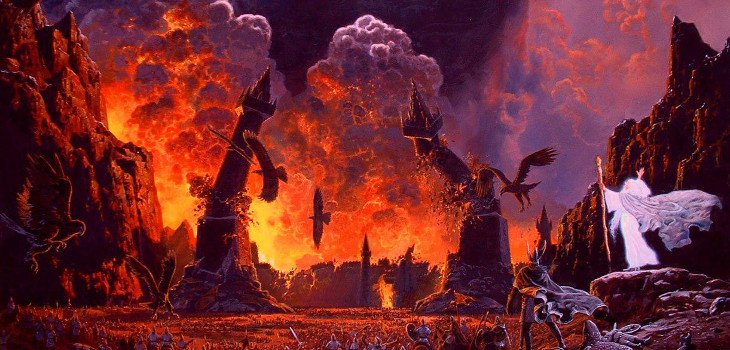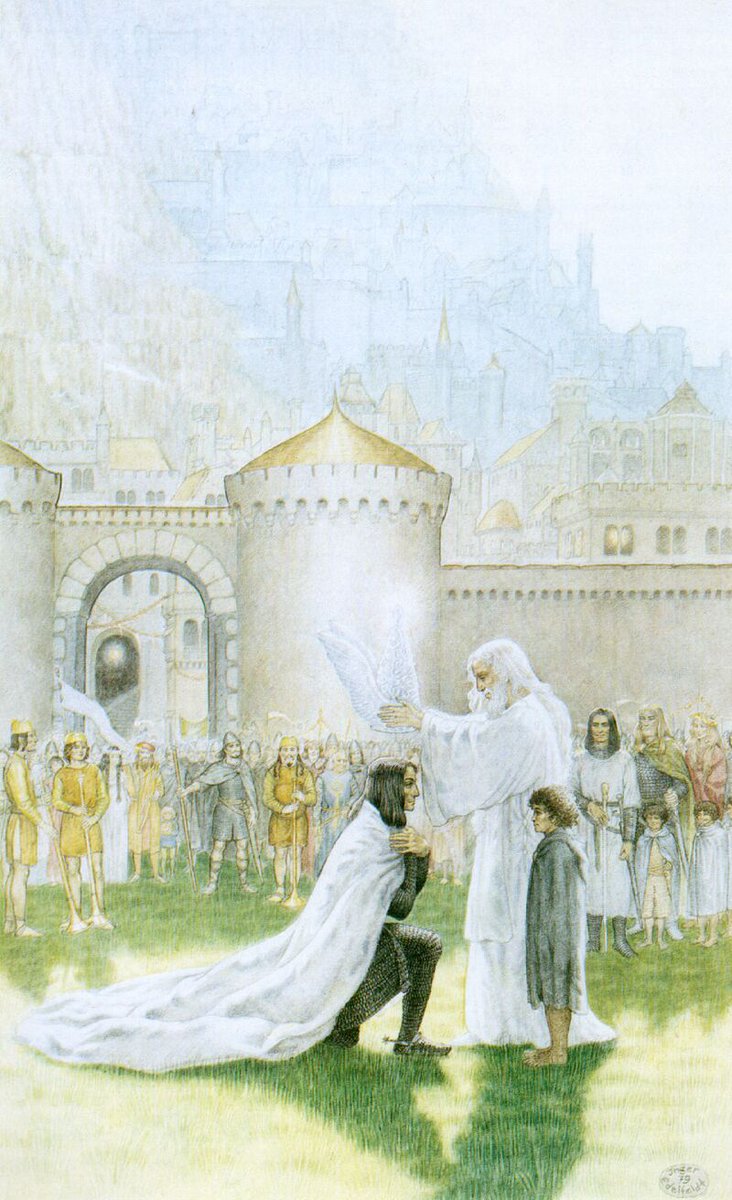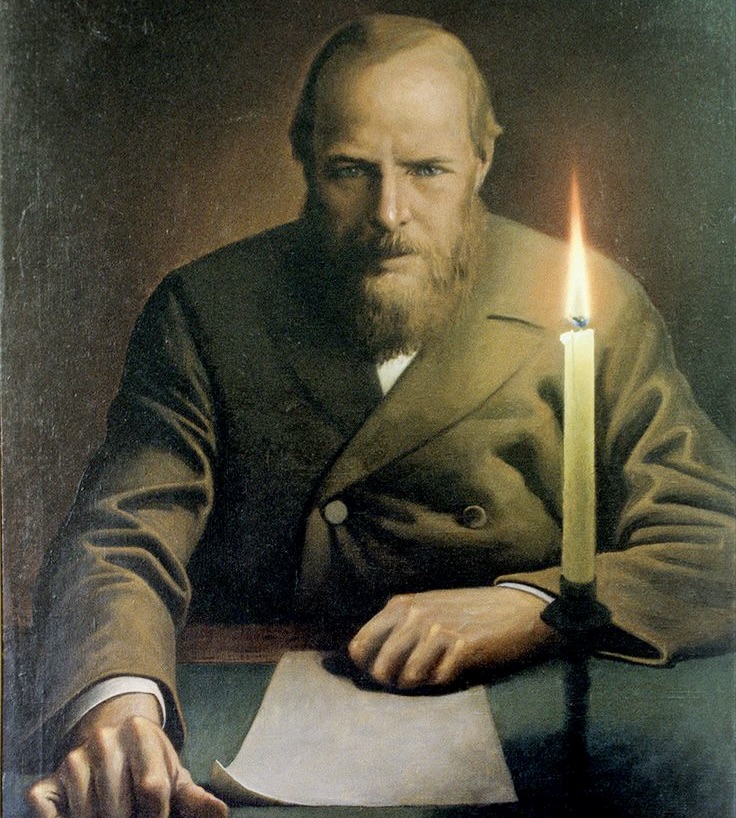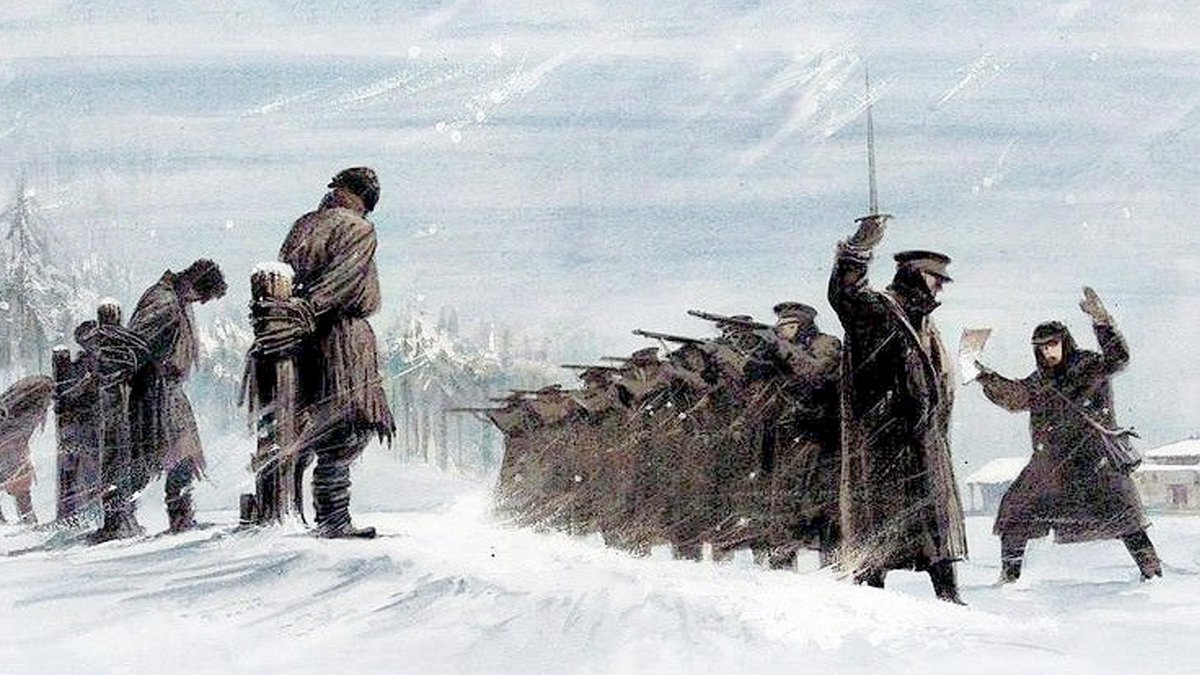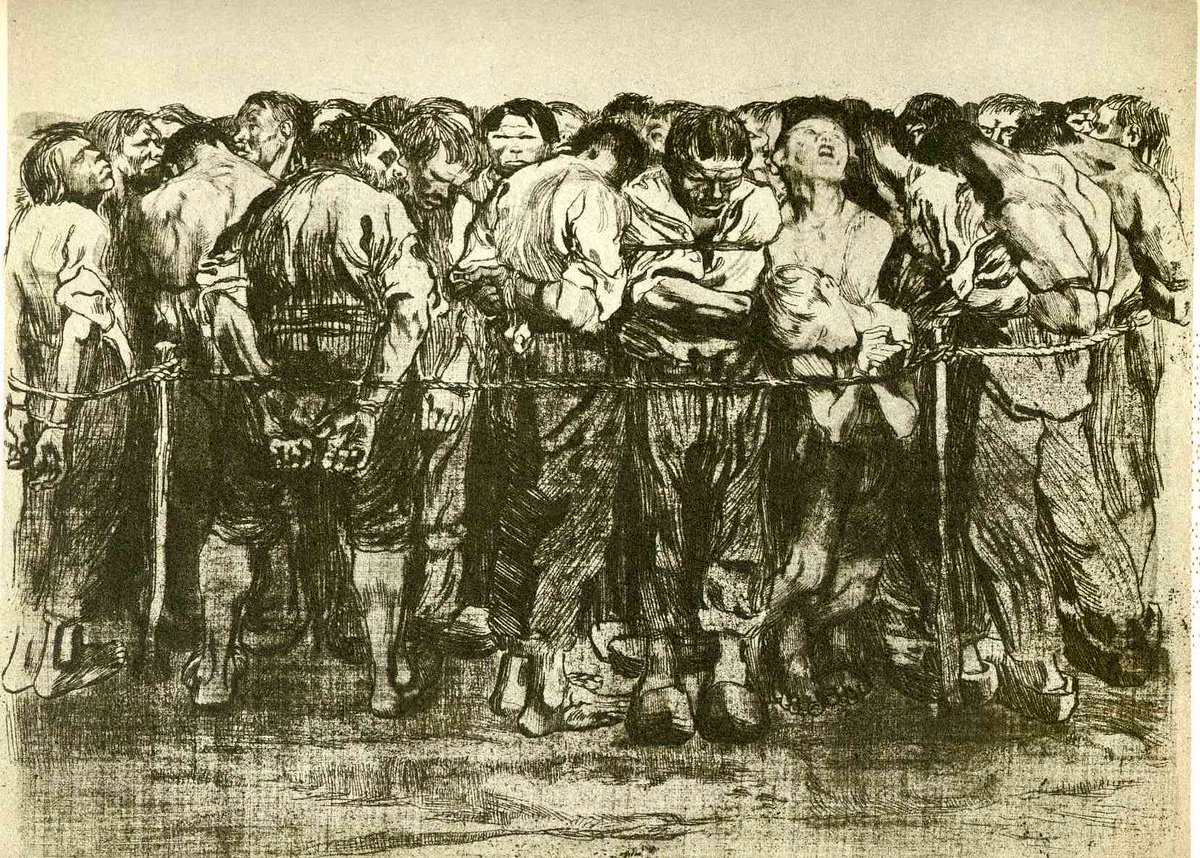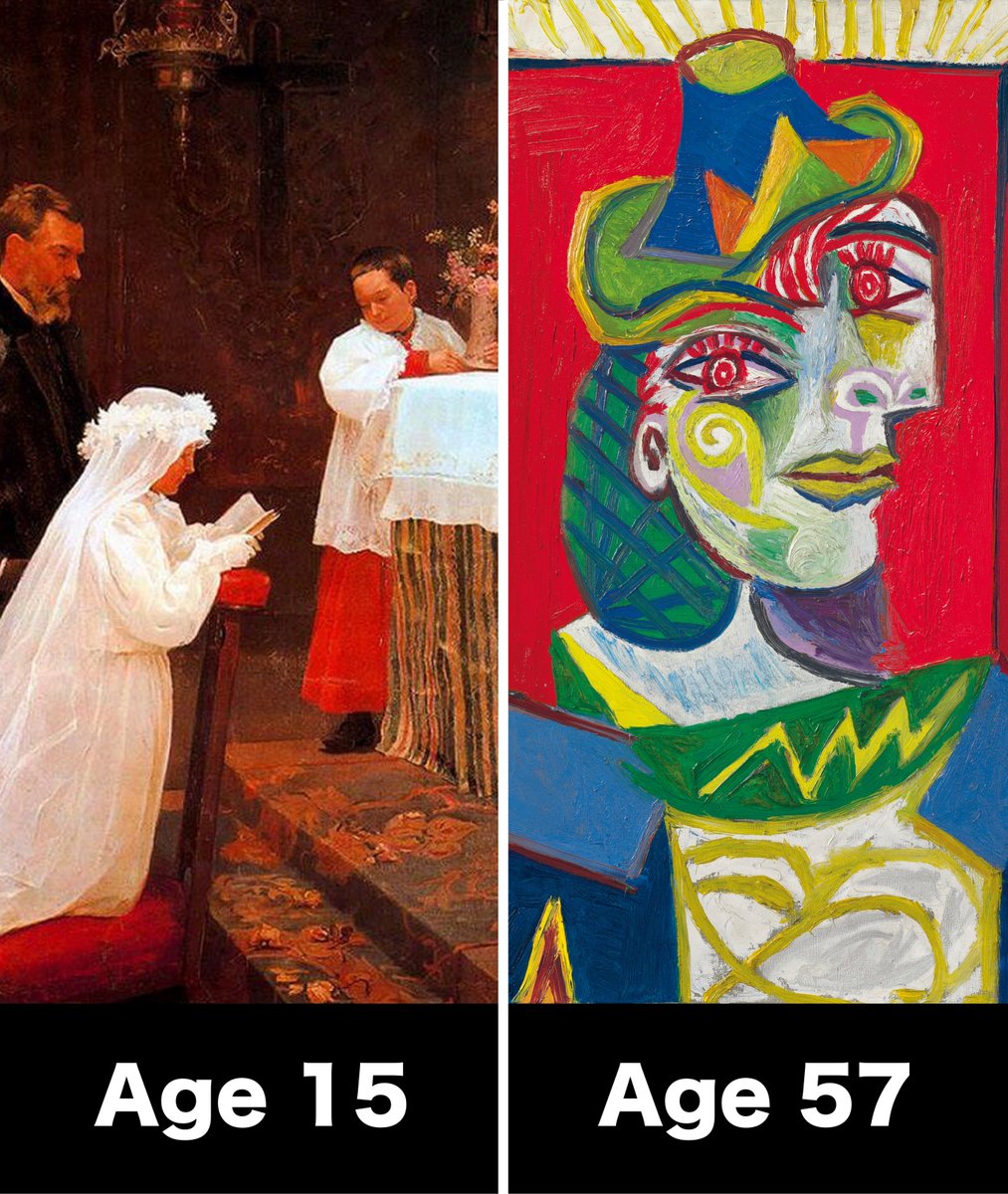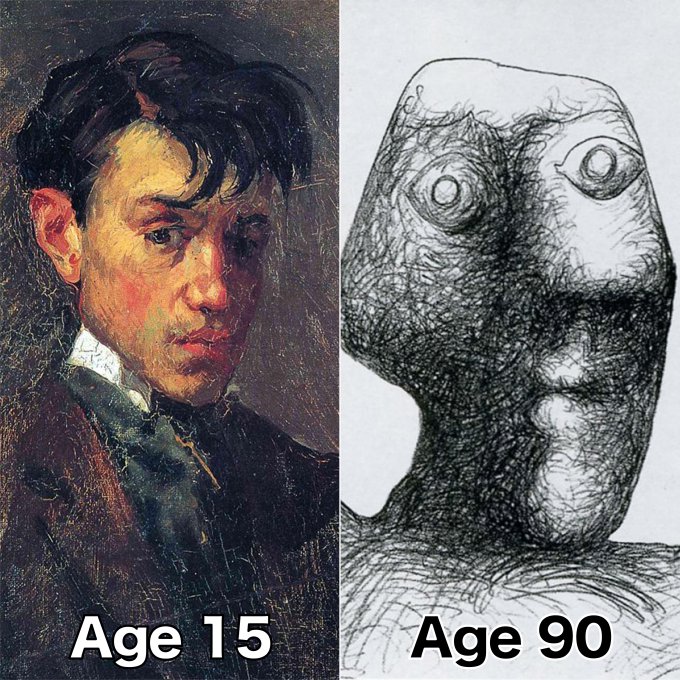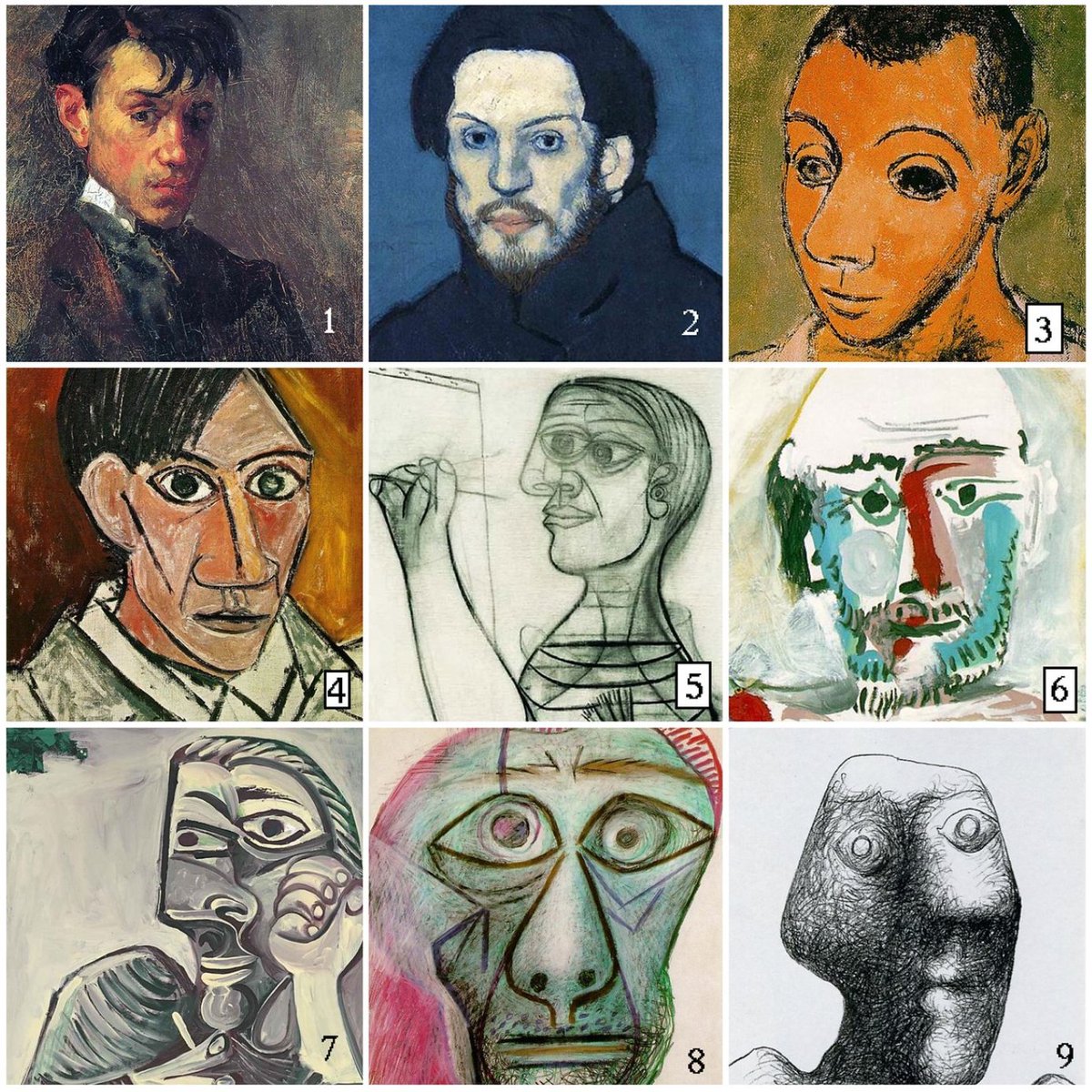Does inflation lead to civilizational collapse?
Well, in the 3rd century, the Roman Empire began to buckle under the weight of state spending.
It frantically "printed" money until things went horribly wrong... (thread) 🧵
Well, in the 3rd century, the Roman Empire began to buckle under the weight of state spending.
It frantically "printed" money until things went horribly wrong... (thread) 🧵
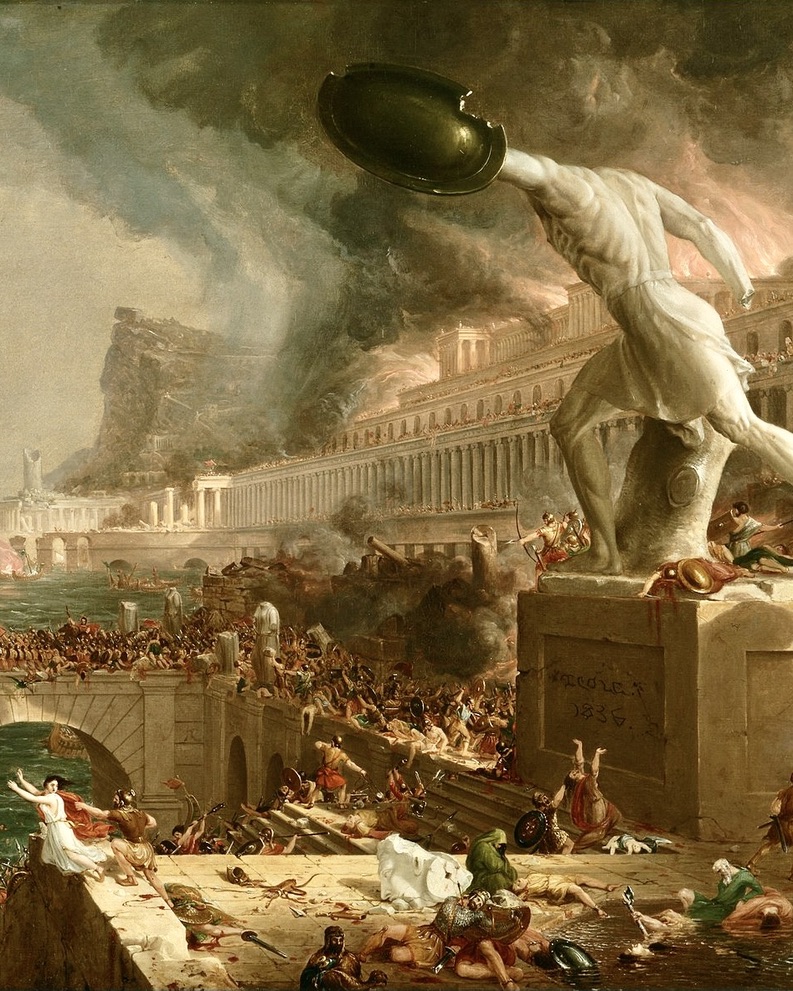
When Augustus slowed the expansion of the empire, wealth stopped flowing from conquered lands into the treasury. Managing expenditures (construction, armies, bureaucracy) became increasingly difficult. 

Whenever costs exceeded tax income, emperors minted new coins to cover it. Mining precious metals increased the supply of gold and silver coinage.
Things remained pretty stable for two centuries...
Things remained pretty stable for two centuries...

But the army was an immense burden. In the mid-2nd century, it was 70% of the entire budget — half a million soldiers were on the payroll.
Then, crisis struck.
Then, crisis struck.
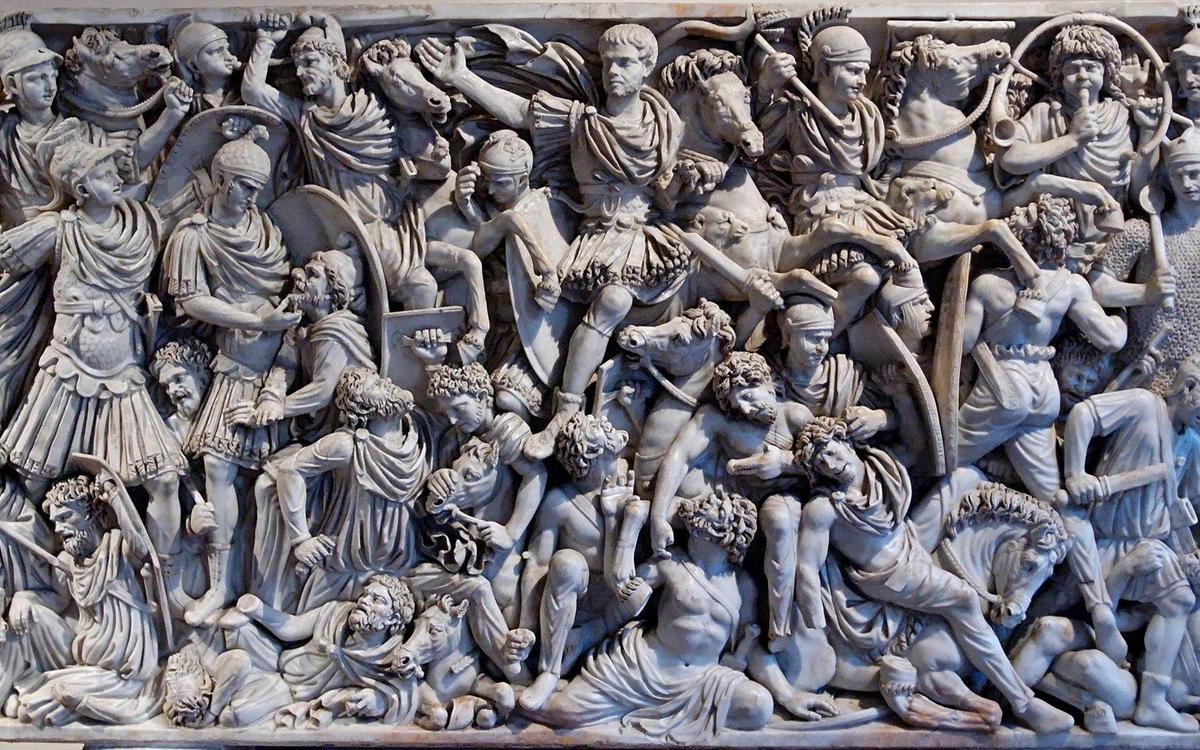
Frontiers across the empire came under attack in the 3rd century. Military expenses soared as entire provinces were being abandoned and their tax yields lost. Plus, the mines were drying up... 

When soldiers' wages could no longer be paid, "debasing" the currency was the only option.
Emperors issued new denarius (the silver coin troops were paid in) with less and less silver content — i.e., further increasing the money supply.
Emperors issued new denarius (the silver coin troops were paid in) with less and less silver content — i.e., further increasing the money supply.
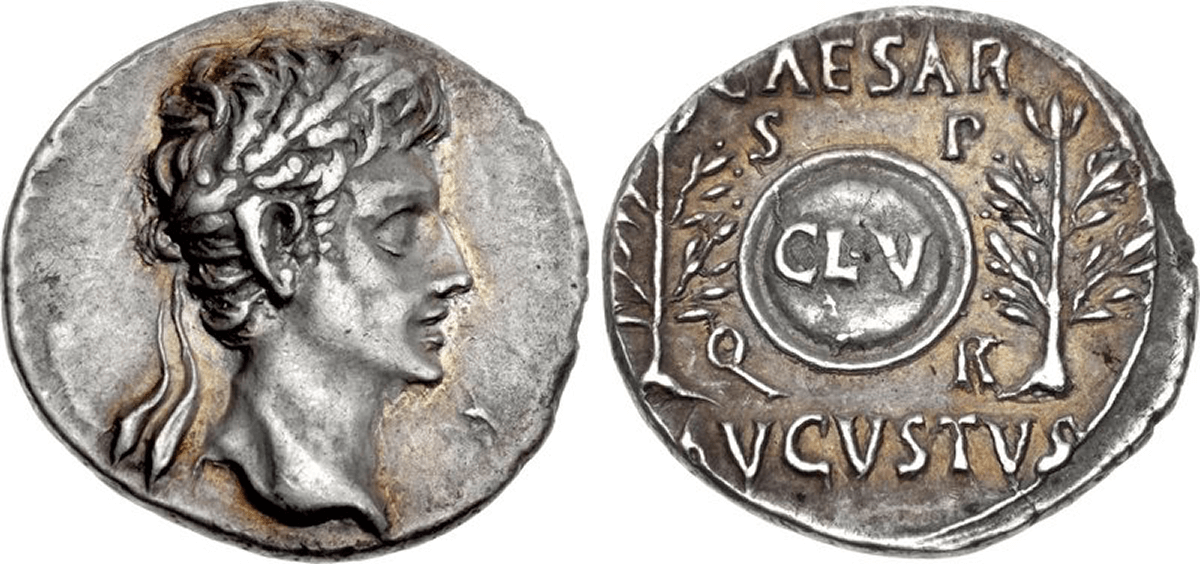
Nero had already begun clipping coins and diluting silver purity in 64 AD. The state soon got addicted to solving its problems this way — and lining the pockets of political insiders at the same time. 

The denarius was down to 60% silver purity by the 3rd century AD. Of course, prices inflated with it.
Still, the state kept spending to maintain the illusion of prosperity, until things got really bad...
Still, the state kept spending to maintain the illusion of prosperity, until things got really bad...
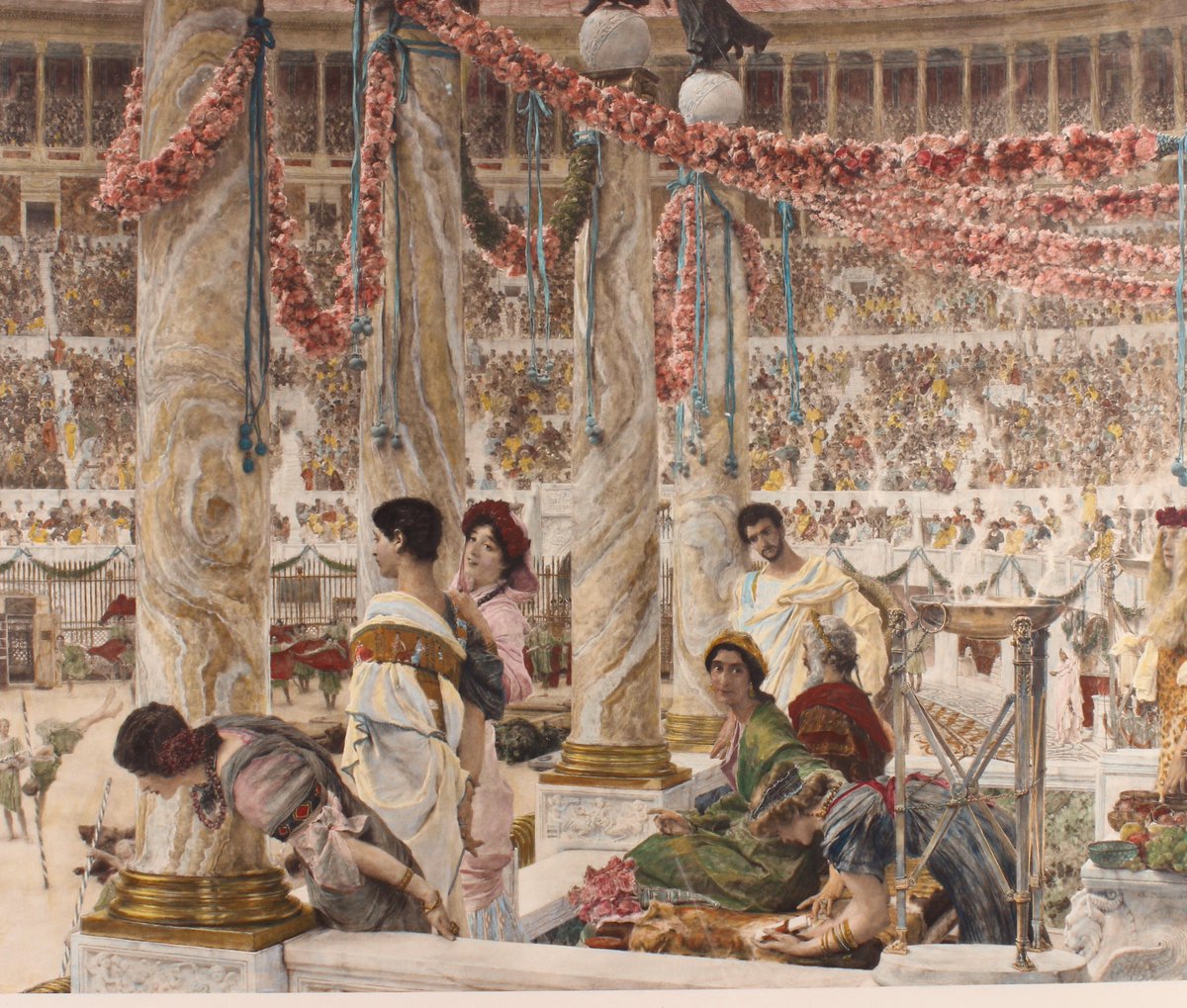
By 268 AD, the denarius was 0.5% silver. A bag full of coins replicated the silver content of a single coin a century earlier.
By 300 AD, soldiers were paid 8x in denarius compared to a century ago, and wheat prices were up 200x.
By 300 AD, soldiers were paid 8x in denarius compared to a century ago, and wheat prices were up 200x.
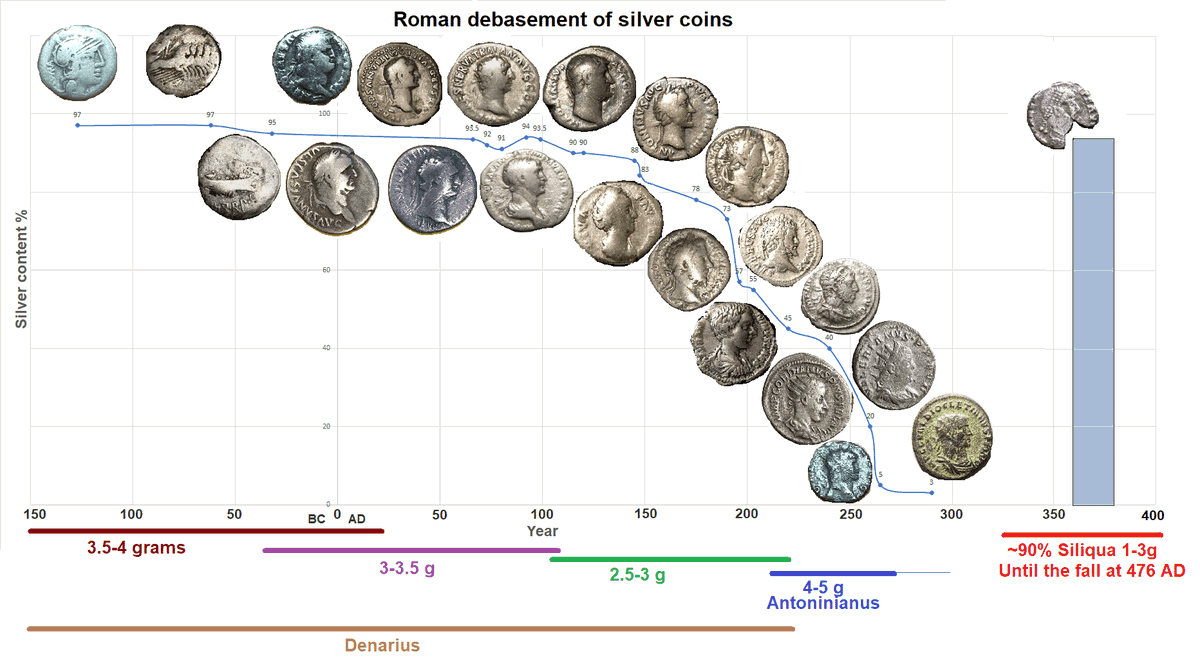
But the state still struggled to pay troops — some abandoned the military and went about pillaging towns. And for half a century, the empire was on the brink of destruction: emperors were assassinated, barbarians sacked towns and enslaved citizens... 

Diocletian tried to stabilize matters by enforcing price caps on over 1,000 goods and services, but it failed. A modius of wheat that had cost 0.5 denarius in the second century, sold for over 10,000 in 338 AD. 
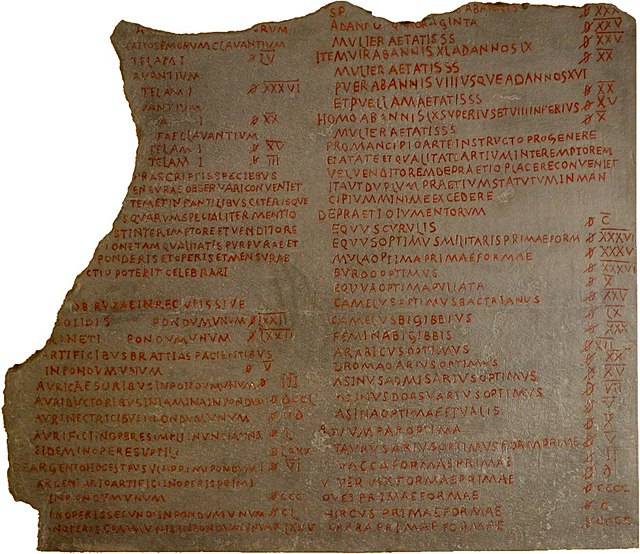
Who pays when the money system breaks?
People pay with their freedom. The currency was so worthless that the state demanded forced labor rather than accept its own coins as tax. Merchants had to provide goods directly to the state and army, and leaving their trade was outlawed.
People pay with their freedom. The currency was so worthless that the state demanded forced labor rather than accept its own coins as tax. Merchants had to provide goods directly to the state and army, and leaving their trade was outlawed.

The masses slipped into serfdom and unrest, while the state grew larger and more authoritarian in response. The state was now keeping itself alive at all cost.
As Septimus Severus said: "Live in harmony; enrich the troops; ignore everyone else."
As Septimus Severus said: "Live in harmony; enrich the troops; ignore everyone else."

It's said the Roman Empire fell due to apathy. By the time the 5th century barbarians came, belief in the system was gone, and invaders seen as liberators.
"The empire could no longer afford the problem of its own existence."
"The empire could no longer afford the problem of its own existence."

For short histories like this (and much more), join my free newsletter.
Over 40,000 people read it: art, history and culture 👇
culturecritic.beehiiv.com/subscribe
Over 40,000 people read it: art, history and culture 👇
culturecritic.beehiiv.com/subscribe
Does any of this sound familiar?
It might be because 80% of all dollars in circulation today were printed since Covid...
It might be because 80% of all dollars in circulation today were printed since Covid...
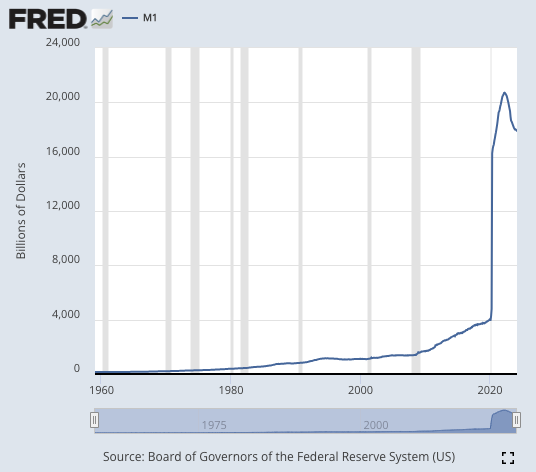
• • •
Missing some Tweet in this thread? You can try to
force a refresh


